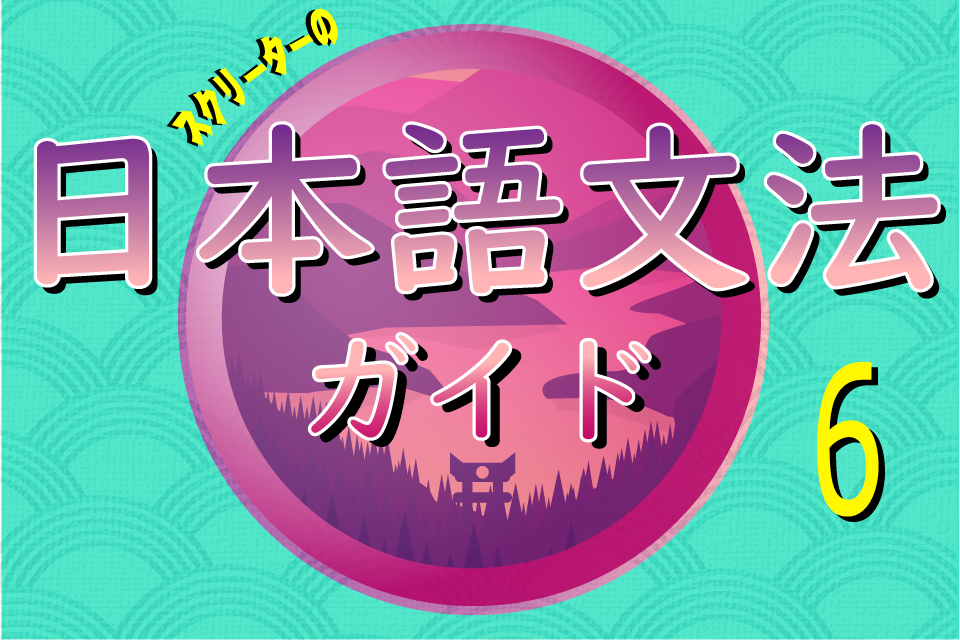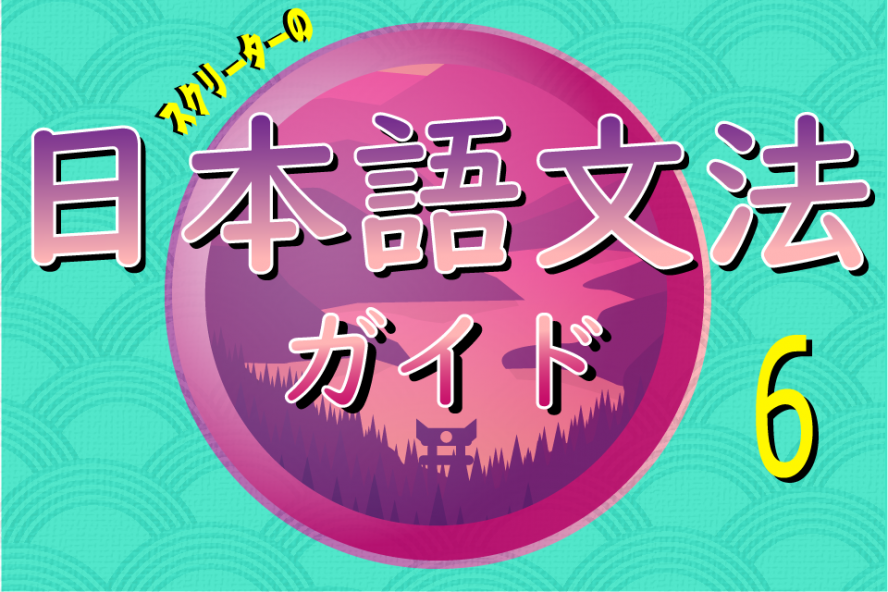
This lesson will go over desire and intent. After this, you will know how to say you want something, intend to do something, or expect something!
Learning how to express wants using 欲しい and ~たい
The way to say you want something is different, depending on whether what you want is a noun or a verb. Let’s start with 欲しい, which is used for nouns.
Expressing desire for nouns with 欲しい
When what you want is a noun, you can mark that noun with the particle が, and then add 欲しい + です.
Here are some examples using 欲しい:
猫が欲しいです。
ねこがほしいです。
I want a cat.
車が欲しいです。
くるまがほしいです。
I want car.
新しい上着が欲しいです。
あたらしいうわぎがほしいです。
I want a new jacket.
Simple! Noun+が+欲しい+です. As a note, if you’re speaking plain Japanese, even though the plain form of です is だ, you wouldn’t end the sentence in だ. In this case in plain Japanese, it would be natural to end the sentence with just 欲しい.
Expressing desire for verbs with the ~たい form
When what you want is a verb, you can’t use 欲しい like you can with a noun. To do this, you would use the ~たい form of the verb, which shows you want that verb to be done.
For instance, if you want to eat, you’d take the verb 食べる, in it’s polite form (食べます), and then drop the ます
食べます→食べ
then add たい
食べ + たい = 食べたい (want to eat)
Here are some example sentences using the ~たい form:
ラーメンが食べたいです。
ラーメンがたべたいです。
I want to eat ramen.
コーヒーが飲みたいです。
コーヒーがのみたいです。
I want to drink coffee.
車を買いたいです。
くるまをかいたいです。
I want to buy a car.
Just like with 欲しい, if you are speaking plain Japanese, you wouldn’t use だ instead of です, you would just end the thought with the ~たい form. For instance, ラーメンが食べたい.
Expressing intent and expectation with つもり and はず
つもり is used to explain that you intend to do something or are planning to do something. Let’s see how it’s used:
今晩、勉強するつもりです。
こんばん、べんきょうするつもりです。
I plan on studying tonight. (I intend to study tonight)
明日、買い物に行くつもりです。
あした、かいものにいくつもりです。
I plan to go shopping tomorrow. (I intend to go shopping tomorrow).
Unlike with 欲しい or ~たい, if speaking plain Japanese, you would use だ instead of です (opposed to just ending the thought). So, ~つもりだ.
はず is used to explain you’re expecting something. Let’s see how it’s used:
彼はそこにいるはずです。
かれはそこにいるはずです。
I expect he’s there.
7時に飛行機が出発するはずです。
ななじにひこうきがしゅっぱつするはずです。
I expect the plane will depart at 7.
Just like つもり, if speaking plain Japanese, you would use だ instead of です, so ~はずだ.

